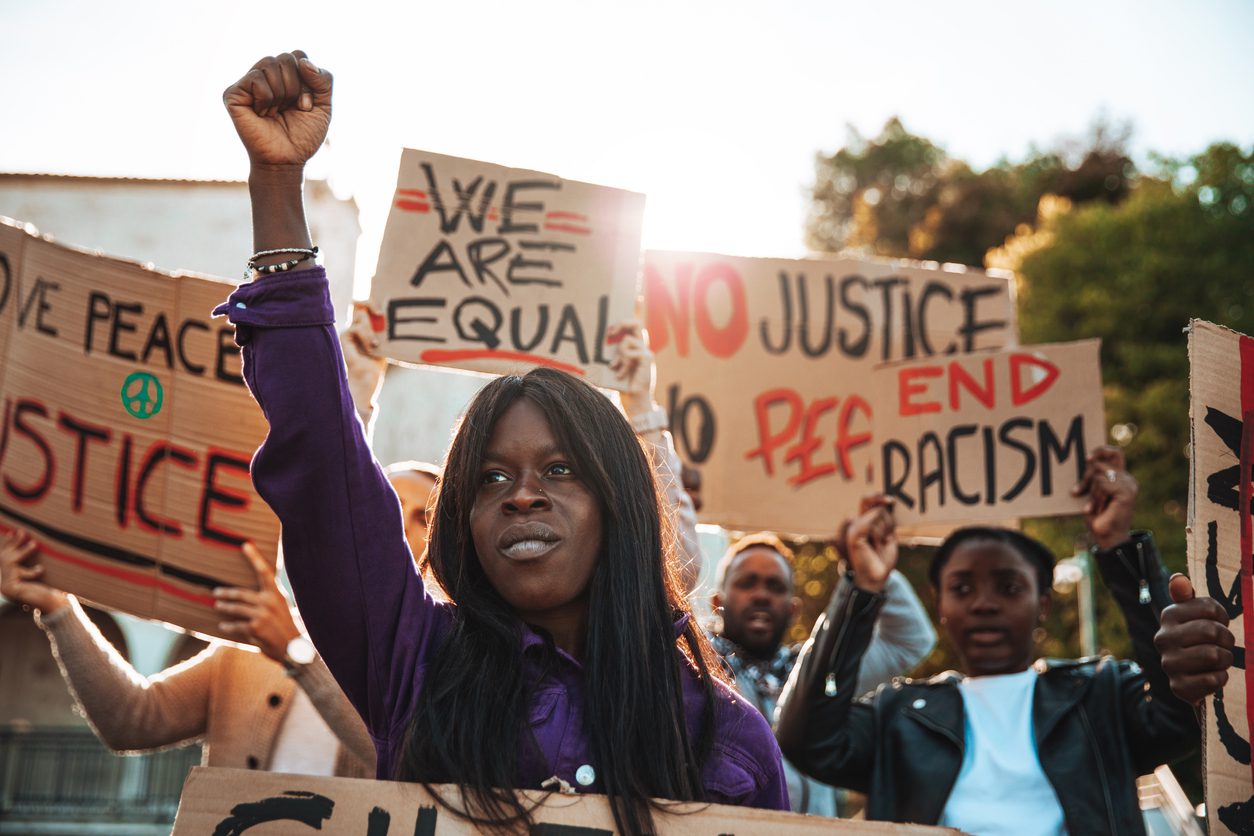
Marijuana legalization at the state level in many parts of the country has certainly changed how many arrests are made. But it’s done little to directly address the damage from decades of restrictive laws. Unfortunately, the harm was disproportionately applied to different communities based on race. While programs exist today to reform and reimburse those harmed by years of unfair application of drug laws, they’re still limited in scope and actual impact.
The war against drugs has impacted black people far more than any other group in the United States, and arrest rates in states that have not legalized the drug continue to show the apparent racial disparity. Thankfully, it’s becoming clear that the marijuana industry is starting to prioritize this kind of reform even in areas where it was overlooked at first.
A Long History of Racist Rhetoric
The earliest attempts at controlling marijuana use were largely driven by outright racist propaganda. One only has to look at historical documents showing early stories linking the growing interest in cannabis around the turn of the century and racist stories about immigrants from Mexico, jazz musicians, and African Americans in general to understand the roots of racist drug arrests. Harry Anslinger, the Federal Bureau of Narcotics Commissioner as the Prohibition Era ended, was the architect of these propaganda efforts.
Even the popularization of the Spanish term marihuana or marijuana was a way of linking it to people of color in the 1930s. Since anti-marijuana propaganda from this period also falsely linked the drug to claims of sexual assault, violence, psychosis, and more, it was clear that African Americans and Hispanic people were being targeted by the racist spin of government agencies eager to find new avenues of taxation and control.
Ongoing Impact of Decades of Drug Policing
While marijuana was long (and wrongly) associated with being used primarily by black and Hispanic people, it remained a moderately regulated drug for a few decades. But in 1970, it became a Schedule 1 drug and was suddenly handled just as seriously as heroin, cocaine, and other drugs with serious and immediate health risks. This classification meant that even occasional users of low-risk marijuana were at a higher risk for arrest and longer prison terms than ever before. With African Americans targeted as the most likely user of the drug, the racial disparity of marijuana policing continued to grow through the 1980s and 1990s.
Yet even as recently as 2010, studies by the ACLU found that Black people in America were nearly four times as likely as their white counterparts to be arrested for marijuana possession. Studies ranging from modern reports to historical data reaching back to the 1960s show that there’s no actual racial difference in consumption rates of marijuana among Americans. So for so many more people of a specific race to end up arrested and jailed over possession charges demonstrates issues with racist policing and sentencing at all levels of the process. Considering that nearly three-quarters of a million people are still arrested each year for marijuana-related charges, that’s hundreds of thousands of Black lives disrupted by discriminatory legal treatment, perhaps permanently.
Federal Prohibition Remains a Stumbling Block
While individual states are working hard to try and change their marijuana laws and address people affected by these charges in the past, federal reform is not happening any time soon. Current Attorney General Jeff Sessions remains steadfast on his plan to follow current scheduling laws regardless of state-level reform.
Federal charges remain a possibility for any marijuana user, seller, or grower, even in the states where it’s locally legal. That makes it even harder for African Americans who were formerly incarcerated or are still serving time for previous charges, even if the laws have changed since they were initially charged.
Marijuana Justice Reform: Where Is it Happening?
Despite all these challenges, marijuana justice reform remains a driving force behind voting blocks and ballot measures across the country. On the national level, the 520 Cannabis Freedom Movement is a national celebration on May 20th each year to raise awareness and fundraise for reform in all 50 states. These kinds of movements have led to successful reform, such as New Orlean’s recent decision to pardon over 10,000 cases involving marijuana possession that dated back to 2010. The next few years are sure to bring more marijuana reform and justice movements to help restore the years and wealth lost to the millions of African Americans unfairly targeted by racist treatment.






